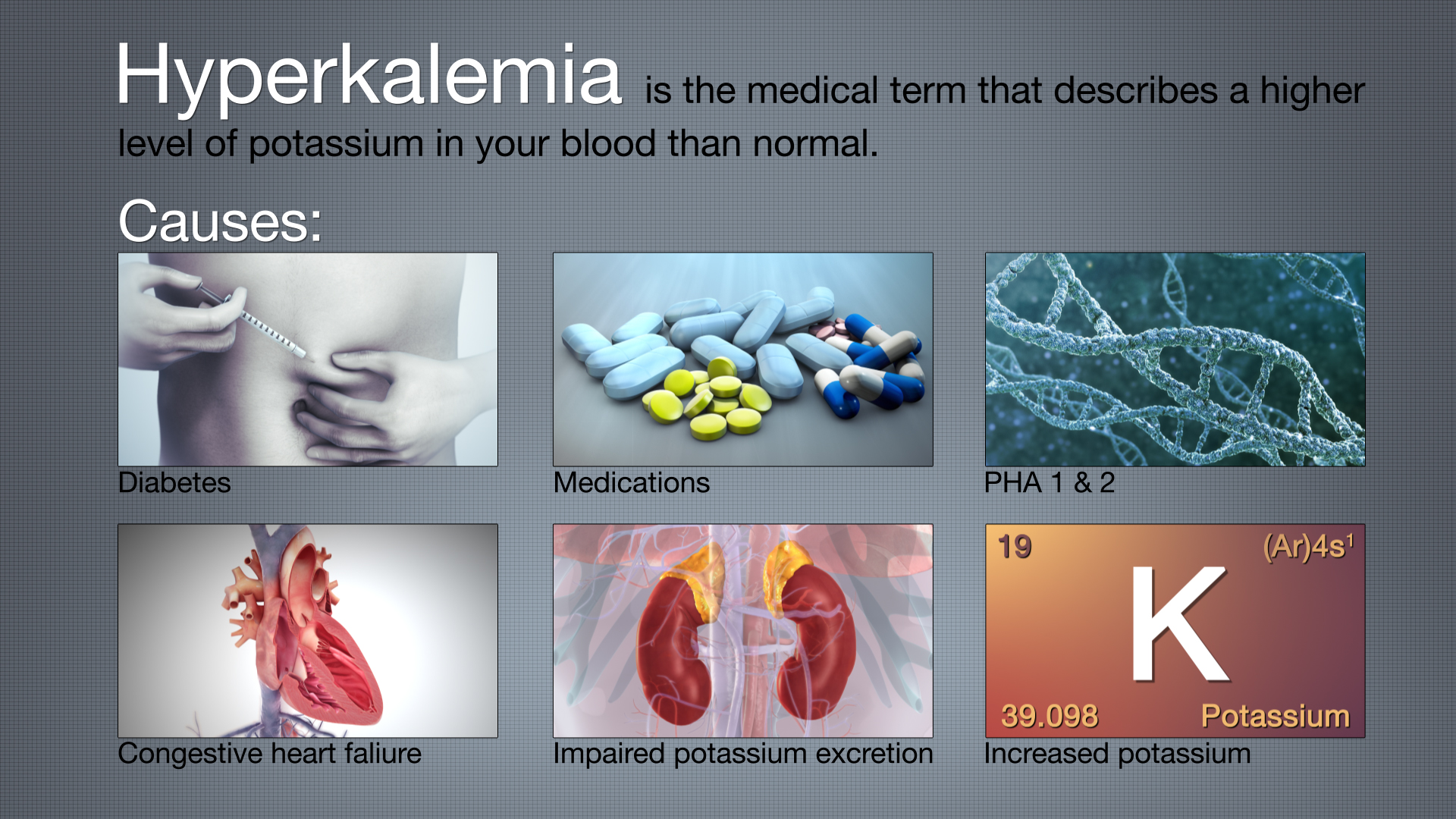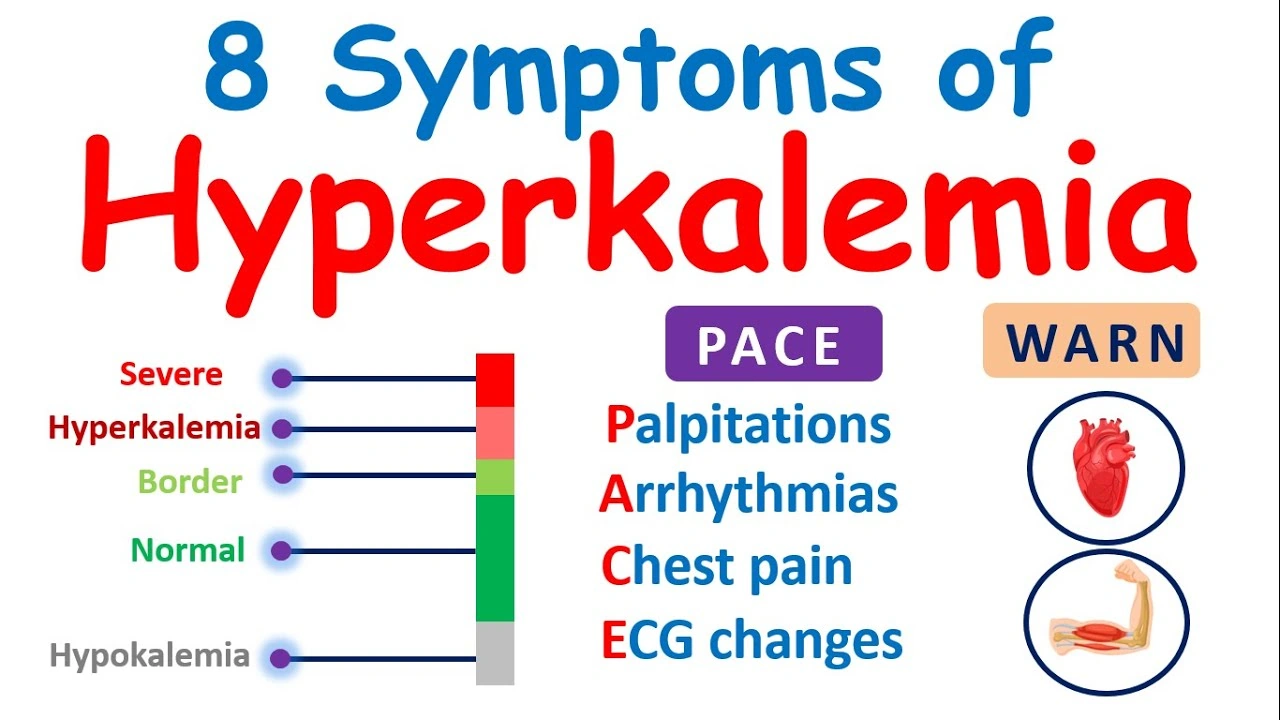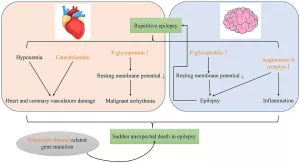Spotting the Signs Early
If there’s one thing nobody really talks about, it’s the weird body stuff that doesn’t fit the basics. You know, the moments when you’re feeling off—tired but not just “skipped the gym” tired, more like your inside wiring hit a snag. Maybe your heart keeps doing its own solo, or your muscles twitch and you think… is this just stress? Or is my body trying to tell me something?

I’ve been there (seriously, if you’ve ever had to Google “what does heart palpitations mean?,” we are officially in the same club). Turns out, for all our fitness efforts and clean-eating snaps, sometimes something as simple as too much potassium—yeah, the same stuff in bananas—can lead to some real health drama. And, believe it or not, that drama can go as far as seizures.
I know. That sounds dramatic. But let’s go on this journey together—I’ll explain what’s up, who’s at risk, and what you (and I!) can actually do to stay balanced. Promise: this is not going to be one of those stiff, science-only explanations.
Wait… Potassium, The Good Guy?
So, quick reality check: potassium is essential. It keeps nerves firing, muscles moving, and your heart steady. It’s the cool kid at the electrolyte table. But just like that person who can’t say no at karaoke, when potassium goes overboard, it gets overwhelming. High potassium in the blood (the fancy term is “hyperkalemia”) messes with your internal rhythm in ways that are… definitely not fun research on risks of hyperkalemia.
Let’s put it simply: too much potassium makes your body’s wiring (nerves, muscles, heart) way too jumpy. The rare but real outcome? A seizure. That’s not just something that happens in the movies.
How Does Potassium Flip The Switch?
Imagine your brain and nervous system as a super high-tech sound system. Potassium? It’s the engineer making things sound clean and balanced. But what if the engineer got clumsy and started cranking up the voltage? You’d get static—and sometimes, full-on electrical storms. That’s exactly what happens when potassium skyrockets.
According to research on hyperkalemia emergencies, a spike in potassium throws off the electrical balance that keeps your neurons (your brain’s “wires”) humming along. When this balance melts down, you get an explosion of overactivity that—yikes—can lead to seizures. It’s rare, but when potassium gets really high (think over 7.0 mEq/L), your brain’s carefully guarded firewall can fail.
Now, don’t think every banana-binge day is a risk. The real issues tend to happen if your kidneys aren’t working well, or if certain meds mess with potassium levels. Interestingly (and a little scary), seizures triggered by high potassium sometimes get mistaken for passing out, especially if there’s muscle jerking or twitching involved—it’s called convulsive syncope. So if you’ve ever woken up from a faint feeling confused with muscle aches…well, let’s just say, you wouldn’t be the first.
Table: High vs. Low Potassium Trouble (Yep, It Goes Both Ways)
| Potassium Imbalance | What You Might Feel | Biggest Risks |
|---|---|---|
| High (Hyperkalemia) | Tingling, muscle weakness, heart palpitations, sometimes seizures | Arrhythmias, sudden collapse, rare but possible seizures |
| Low (Hypokalemia) | Muscle cramps, weakness, irregular heartbeat | Dangerous heart rhythms, confusion, risk of Can low potassium cause seizures |
Real People, Real Warnings
Let’s get personal for a second. I’ve got a cousin who’s almost superhuman at the gym but loves energy drinks and supplements. Last winter, she ended up in the ER—heart all wonky, hands tingling, numbness in her face. Doctors found her potassium had spiked, thanks to a mix of supplements and—get this—an un-diagnosed kidney issue. Luckily, she got quick help and didn’t have a seizure, but they said it could have gone that way if she’d waited longer.

That’s the thing: you won’t always feel a flashing warning sign. Sometimes it’s just a weird tiredness or muscle twitch. Other times, it’s the drama of collapsing in the gym shower. The clue is when a bunch of these symptoms pile up out of nowhere, especially if you tick any of the “at-risk” boxes.
Who’s On The Risk List Anyway?
Good news: most healthy people don’t need to worry so much. But if you’ve got chronic kidney disease, take certain blood pressure meds (ACE inhibitors or potassium-sparing diuretics), or eat (or supplement) like you’re in a potassium Olympics, you’re more vulnerable medical guidance on hyperkalemia.
If you’re a fitness nut, athlete, or just enjoy “clean” smoothies loaded with greens, check your ingredients—especially if your doctor has ever warned you about kidney issues or heart rhythms. I’ve learned to keep a mental checklist myself. There’s nothing fashionable—or productive—about playing chicken with your electrolytes.
This goes double if you’ve had weird symptoms: unpredictable fatigue, shortness of breath, or sudden muscle weakness. Or (not to freak you out) if your doctor ever does routine blood tests and flags potassium as “borderline.” Don’t ignore it. Sometimes the path to a seizure is paved with lots of tiny red flags we just… shrugged off.
What Does A Potassium-Induced Seizure Feel Like?
I know it’s tempting to think “seizure = dramatic flailing.” But it’s not always that obvious. For some, it can start as a fuzzy feeling, twitching muscles, or a burst of confusion. Your muscles may go stiff, or you might lose consciousness for a moment (yep, that’s what happened to that guy at my old gym—everyone thought he just fainted after deadlifts. Turns out his body was warning him).
Sneaky, right? It’s not just about “Did I faint or not?” but about the pattern. Seizures triggered by potassium imbalances tend to come out of nowhere, sometimes in people who’ve never had anything like it before. The body is weirdly precise: it only takes those levels getting just a bit too high for your electrical system to throw a fit.
Can High Potassium Cause Seizures…or Just Heart Problems?
When people hear “hyperkalemia,” the focus is usually on the heart. And, true, that’s a huge deal: high potassium can absolutely mess with your heartbeat, sometimes fatally Cleveland Clinic on hyperkalemia. But the brain is in the crosshairs, too.
Because potassium affects how neurons fire, it can tip the scales into dangerous territory—not just with seizures, but with confusion, muscle breakdowns, even full-body muscle failure if things get extreme. According to a medical review on electrolyte-caused seizures, acute shifts in electrolytes like potassium can set off a brain storm all by themselves. So if you’ve ever wondered if “what electrolyte imbalance causes seizures”—you’re right on track. It’s not just sodium or calcium; potassium is a big player here, too.
Why Does The Body Even Let This Happen?
Nature’s got jokes, huh? Your body normally has an intricate system to keep potassium balanced—mostly thanks to your kidneys (and a little backup support from sweat, stool, and even the cells themselves). But if the kidneys can’t keep up—let’s say because of chronic disease or certain meds—potassium creeps up.
Layer on stress, dehydration, supplements… the scales tip. Suddenly, the very thing you need for normal muscle and brain function is turning up the dials to “chaos.” Frustrating, right? Your brain’s little helpers (astrocytes) work overtime to mop up extra potassium, but there’s only so much they can do. When they’re overwhelmed, the brain’s normal activity goes sideways. That’s when seizures can break out current research on potassium, astrocytes, and seizure risk.
The funny thing? Some experiments with mouse brains found that high potassium ALONE didn’t always trigger seizures… but as soon as other factors joined the party (like certain drugs or injuries), those electrical storms got a lot more likely. Translation: your risk shoots up when there’s a “perfect storm” of triggers at once.
What’s The Fix? (And How Much Should You Worry?)
Okay, deep breath: It’s not a daily panic-button issue, especially if you’re healthy and your bloodwork is clean. But… if you are in a “risk group,” or you’ve had symptoms that just don’t line up, talk to your doctor. It’s worth repeating: this is fixable, but only if you catch it.
Treatment is mostly about stabilizing your heart and then getting potassium back inside your cells—quick! Docs might use insulin, calcium, or other meds (even dialysis if your body just won’t let go of the extra potassium). In nearly every case, if a seizure does happen, it’ll get better once potassium drops back to normal.
If you’re into fitness, wellness, biohacking, or all three, your diet and supplements might need a reboot. Avoid overdosing on potassium-rich foods if you’re at risk. And, for real, don’t self-medicate with potassium boosters unless a healthcare pro tells you to. Small, steady choices beat one big “heroic” detox any day.
Everyday Prevention: Stay One Step Ahead
- Hydrate. Drink water, not just fancy electrolyte blends.
- Ask for an electrolyte panel at your next blood test—especially if you’re always tired or your workouts leave you zapped.
- Be honest with your doctor about supplements (no judgment, promise!).
- If you have kidney or heart issues, pay extra attention to new symptoms—even vague ones like muscle twitches.
And while we’re here, balance matters both ways. If, for example, someone in your circle’s dropped weight crazy-fast or started a heavy low-carb diet, there’s another risk: too little potassium. That can also lead to trouble, including risk of Can low potassium cause seizures. Your body wants that perfect middle—not extremes.
So…What Do You Do If This Might Be You?
You check in. With yourself, your doc, your health routines. You don’t panic, but you do listen: persistent weird symptoms? Don’t sweep them under the rug. Share your concerns, especially if you (or anyone you love) are in the high-risk camp.
Most of all—don’t try to slog it out alone. Your future self will thank you. And if you ever need a reason to ask extra questions at your next appointment, “I want to understand what electrolyte imbalance causes seizures” is a pretty solid conversation starter with your provider or coach.
Wrapping It Up (Less Stress, More Clarity)
It’s wild, isn’t it? Who knew potassium could cause so much drama—hearts flipping out, brains zapping into seizures. But here’s the takeaway: with a little awareness, routine checks, and an openness to asking for help, you can beat the odds. Don’t let internet doom-scrolling or fitness-forum rumors be your go-to. Talk to someone, get checked, and trust that small adjustments add up.
Your wellness story is about more than green smoothies or sweat sessions—it’s about noticing those whispers from your body before they become shouts. If you ever find yourself wondering or worried about stuff like how “can high potassium cause seizures,” or feeling uncertain which electrolyte problem could really throw a wrench in your health, stay curious. Reach out. Dive a little deeper (seriously: what electrolyte imbalance causes seizures is a useful read). The next chapter in your health journey? Write it with confidence, not confusion. You got this.

























Leave a Reply
You must be logged in to post a comment.